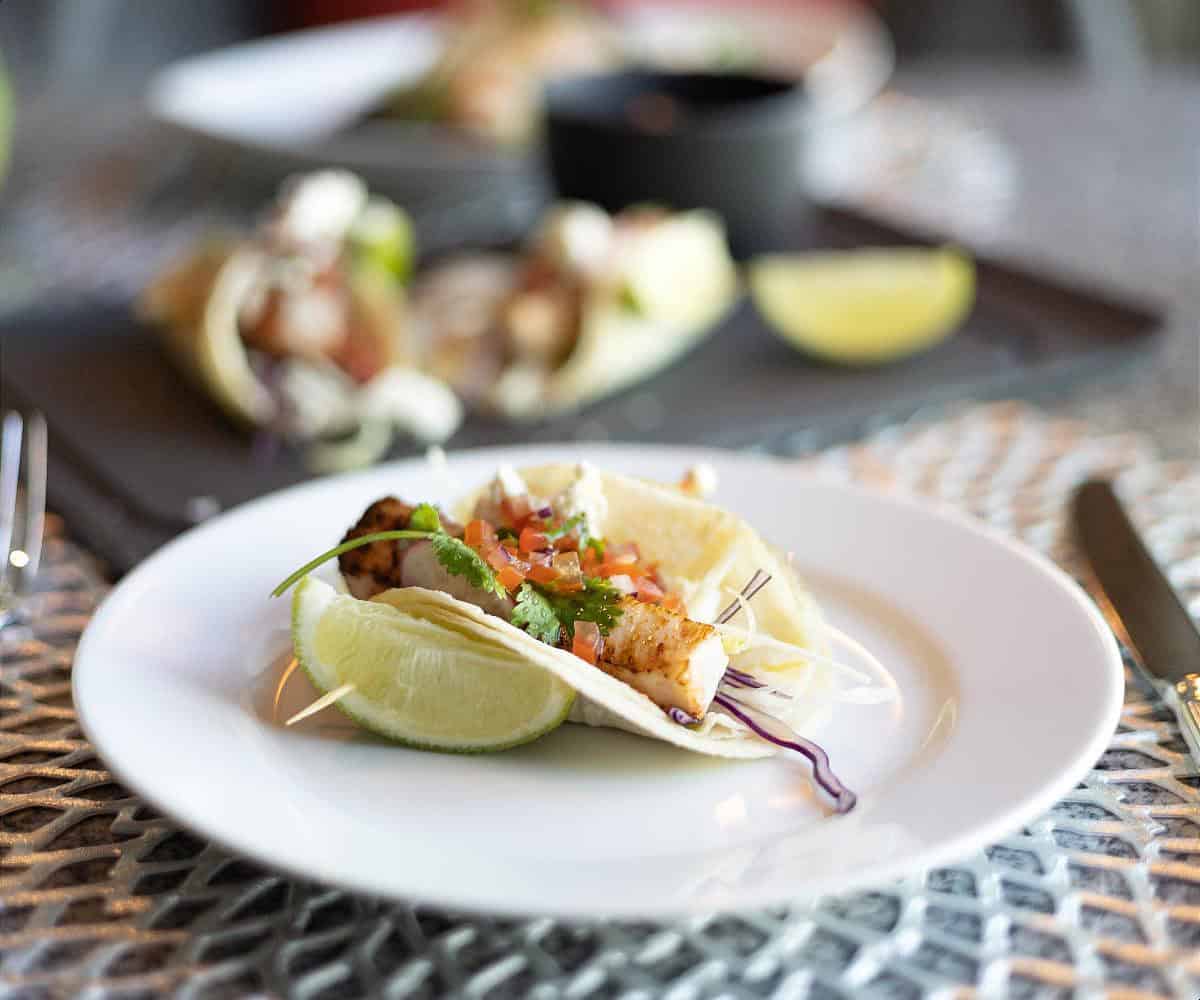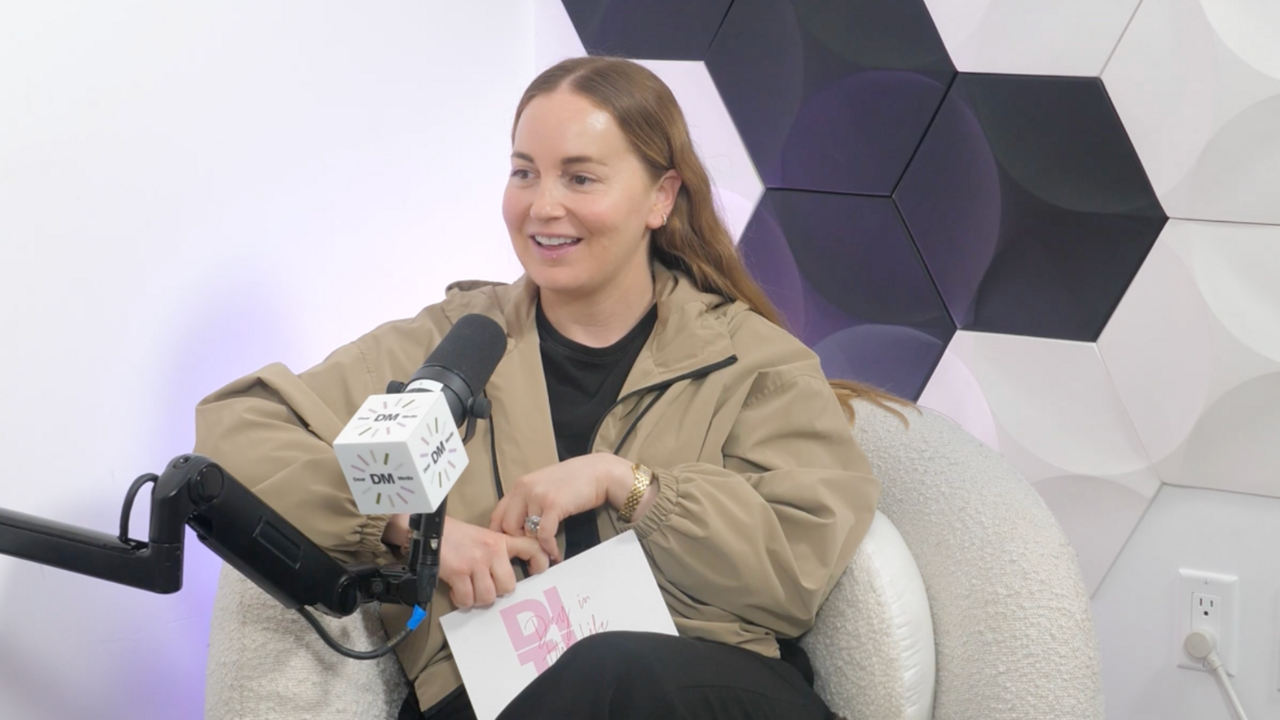Moderna's new US Open sponsorship extends marketing push beyond COVID vaccine
Moderna will use Billie Jean King to promote itself as a "disruptor" in the science of mRNA technology.

Moderna is upping its marketing game with a new US Open sponsorship as the biotech company seeks to raise awareness about the mRNA science that powers its COVID vaccine. The goal of the sponsorship—and a new broader marketing push—is to educate people about how the company is using mRNA for other potential medical breakthroughs that could be used to treat people with cancer, metabolic diseases and other afflictions.
Although Moderna has done other sports deals—including sponsoring a “Shot of the Game” promotion with the NBA and NHL to promote COVID booster shots —the US Open pact marks its most extensive sponsorship to date, according to Moderna Chief Brand Officer Kate Cronin. She declined to disclose financial terms but said the deal was signed for one year.
“We want to establish Moderna as a modern leader changing medicine and pioneering mRNA,” she said. And while that means moving the conversation beyond COVID, she said the timing of the US Open—right before the fall season when many people will be getting a COVID booster vaccine—marked the right time to push the broader message.
The sponsorship comes as Moderna leverages a new endorsement from Billie Jean King. A new video starring the tennis great pays tribute to “Change Makers,” while referencing her pioneering feats, including changing the way women get paid. The approach ties into Moderna’s tagline “This changes everything.” The video will run as an ad during ESPN’s coverage of the US Open. It was put together by TBWA, Moderna's lead agency.
“We want to align ourselves with disruptors and change makers because that is what we are. Moderna is not a pharma company—we are a health technology platform company,” said Cronin, who joined Moderna last year after serving as Global CEO of WPP-owned Ogilvy Health. “We have mRNA technology that we believe will solve for many different diseases beyond COVID.”
Her marketing approach is to use what she calls “edutainment”—educating people while you entertain them.
At the US Open, Moderna will have a booth where people can “sign the lens,” which is meant to mimic a tennis tournament tradition of players signing their names on TV camera lenses after winning a match. At the booths, Moderna will collect contact information to build its community of followers whom it plans to regularly survey about health matters, “and really start creating a relationship,” Cronin said.
“Because for our brand to be successful we have to really remain what I call relentlessly relevant,” she added. “COVID won’t always be top of mind and we are not a COVID company—we are so much more than that”
The company uses simple language to communicate the potential of mRNA. Social media videos use strand imagery (in a visual depiction of how mRNA works) to direct viewers to a website called aboutmRNA.com that provides information about the science and how Moderna is using it.
The phrase, which stands for messenger RNA, refers to the process by which molecules transmit genetic information to make proteins. Moderna’s website touts its mRNA expertise, including how its platform “with its speed, scale, and flexibility, is uniquely suited to tackle current and emerging pathogens that threaten global health.”

 ShanonG
ShanonG 































